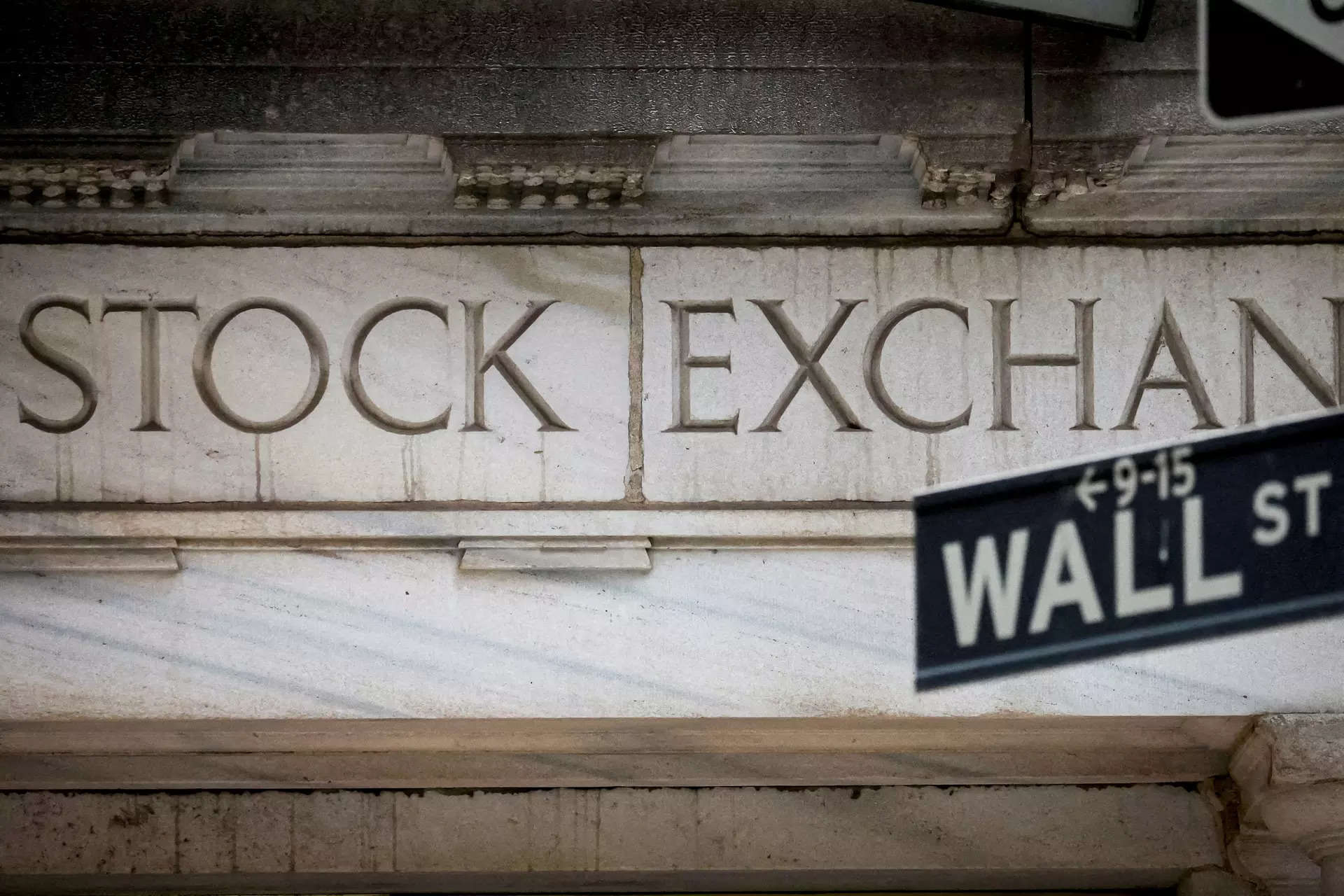[ad_1]
JPMorgan Chase & Co dropped 5.9% after the bank’s forecast for its income from interest payments came in below analysts’ expectations.
Wells Fargo edged 0.4% lower after reporting a more than 7% fall in first-quarter profit, as it earned less from customer interest payments. Citigroup lost 2.8% after its first-quarter profit fell.
The S&P 500 banks index shed 3.3%, hitting its lowest level in nearly a month.
Falling megacap growth stocks weighed on the three indexes, with Nvidia, Tesla and Meta Platforms down over 1% each.
“Markets have run up a lot recently, so investors may be looking for some excuses here and there in order to back off on their overly optimistic positioning,” said Jason Pride, chief of investment strategy & research at Glenmede.”After pretty major run-ups, you can find that the little bit of disappointing news that comes out can actually be the driving force for a sell-off.”Advanced Micro Devices and Intel lost 4% and 3.6%, respectively after a report that Chinese officials had told the country’s largest telecom firms earlier this year to phase out foreign chips that are key to their networks by 2027.
Ten of the 11 major S&P 500 sectors were trading lower, with information technology leading declines, down 1.3%.
The Dow and the S&P 500 eyed weekly losses as sentiment was roiled this week following a hotter-than-anticipated inflation reading that pushed traders to scale back enthusiasm around the U.S. central bank cutting interest rates.
Money market participants see an about 56% chance of the Fed bringing in the first interest-rate cut in July, according to the CME FedWatch Tool.
Meanwhile, Boston Fed President Susan Collins is eyeing a couple of rate cuts this year, amid expectations that it could take some time for inflation to return to its targeted level.
Investors now await Kansas City Fed President Jeffrey Schmid and his Atlanta counterpart Raphael Bostic’s comments later in the day, for clues on the central bank’s rate outlook.
On the data front, U.S. consumer sentiment ebbed in April, while inflation expectations for the next 12 months and beyond increased, a survey showed.
The CBOE Volatility Index, also known as Wall Street’s “fear gauge”, hit its highest level since October 2023.
At 11:26 a.m. ET, the Dow Jones Industrial Average was down 359.95 points, or 0.94%, at 38,099.13, the S&P 500 was down 52.45 points, or 1.01%, at 5,146.61, and the Nasdaq Composite was down 193.92 points, or 1.18%, at 16,248.28.
Energy stocks bucked the trend to gain 0.4%, tracking higher crude prices on heightened tensions in the Middle East.
Declining issues outnumbered advancers for a 2.42-to-1 ratio on the NYSE and for a 2.79-to-1 ratio on the Nasdaq.
The S&P index recorded 12 new 52-week highs and eight new lows, while the Nasdaq recorded 33 new highs and 124 new lows.
[ad_2]
Source link
